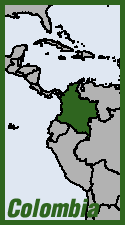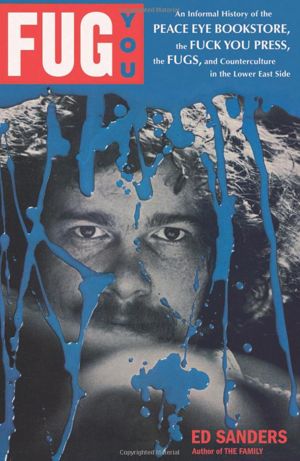 Colombia's Constitutional Court on June 28 approved a measure to decriminalize possession of personal quantities of cocaine and cannabis. Those caught with less than 22 grams of cannabis or one gram of cocaine for personal use may receive mandated treatment depending on their level of intoxication, but may not be prosecuted or detained, the court ruled.
Colombia's Constitutional Court on June 28 approved a measure to decriminalize possession of personal quantities of cocaine and cannabis. Those caught with less than 22 grams of cannabis or one gram of cocaine for personal use may receive mandated treatment depending on their level of intoxication, but may not be prosecuted or detained, the court ruled.

 Doug Losak, recently appointed as the acting head of Mendocino County's legal department, was pulled over early July 3 and cited for allegedly having a concealed gun and cannabis in his vehicle, according to the Sheriff's Office. Deputies stopped Losak on Highway 101 for allegedly speeding and having a faulty license plate light. The deputies smelled marijuana and searched the vehicle.
Doug Losak, recently appointed as the acting head of Mendocino County's legal department, was pulled over early July 3 and cited for allegedly having a concealed gun and cannabis in his vehicle, according to the Sheriff's Office. Deputies stopped Losak on Highway 101 for allegedly speeding and having a faulty license plate light. The deputies smelled marijuana and searched the vehicle. A government-sponsored study published recently in
A government-sponsored study published recently in  A June 19 raid on a Long Beach cannabis dispensary is under investigation after a video was released showing officers smashing surveillance cameras and stepping on an employee. More than a dozen police raided
A June 19 raid on a Long Beach cannabis dispensary is under investigation after a video was released showing officers smashing surveillance cameras and stepping on an employee. More than a dozen police raided  Three recent books each provide a prism on the matrix of the American counterculture in the 1960s underground press movement—with a particular focus on the germinal scene on New York's Lower East Side. Following the interlocking characters that passed through such institutions as the
Three recent books each provide a prism on the matrix of the American counterculture in the 1960s underground press movement—with a particular focus on the germinal scene on New York's Lower East Side. Following the interlocking characters that passed through such institutions as the  The Second District Court of Appeal in California issued a landmark decision July 2 in County of Los Angeles v. Alternative Medicinal Cannabis Collective (AMCC), affirming the legality of medical marijuana dispensaries under state law, rejecting bans imposed by municipalities. In particular, the court held that Los Angeles County's "complete ban" on medical marijuana is "preempted" by state law and therefore void. The AMCC decision reverses a preliminary injunction granted to the county by the Los Angeles Superior Court in May 2011.
The Second District Court of Appeal in California issued a landmark decision July 2 in County of Los Angeles v. Alternative Medicinal Cannabis Collective (AMCC), affirming the legality of medical marijuana dispensaries under state law, rejecting bans imposed by municipalities. In particular, the court held that Los Angeles County's "complete ban" on medical marijuana is "preempted" by state law and therefore void. The AMCC decision reverses a preliminary injunction granted to the county by the Los Angeles Superior Court in May 2011. The Chicago City Council on June 27 voted to decriminalize the possession of small amounts of cannabis. Under the new ordinance, police officers may issue tickets to individuals found to be in possession of 10 grams of cannabis or less. Chicago Mayor
The Chicago City Council on June 27 voted to decriminalize the possession of small amounts of cannabis. Under the new ordinance, police officers may issue tickets to individuals found to be in possession of 10 grams of cannabis or less. Chicago Mayor 






Recent comments
2 weeks 11 hours ago
2 weeks 18 hours ago
5 weeks 1 day ago
6 weeks 18 hours ago
10 weeks 1 day ago
13 weeks 6 days ago
17 weeks 6 days ago
18 weeks 5 days ago
28 weeks 5 days ago
32 weeks 5 days ago